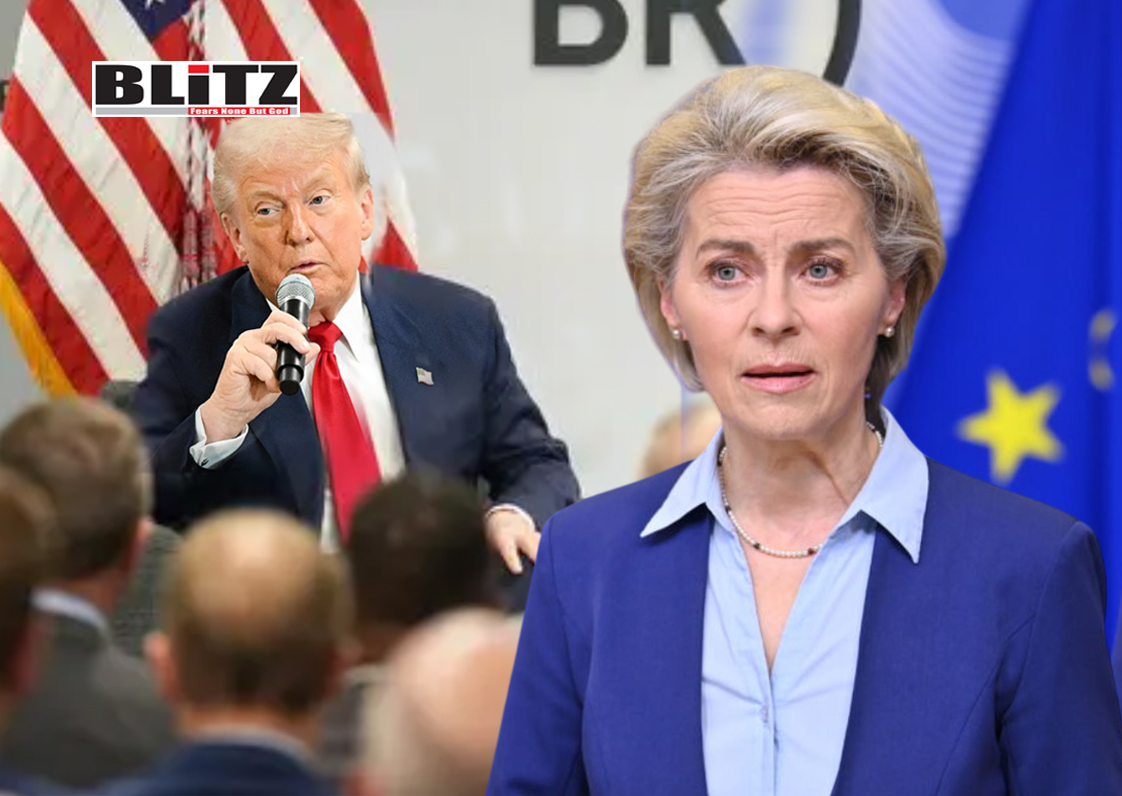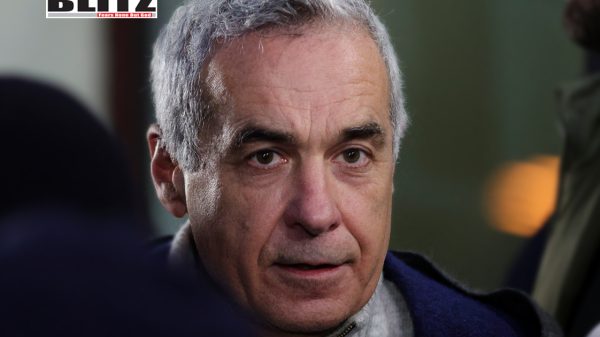Bangladesh ruling party’s balancing act for a secular future
- Update Time : Thursday, December 28, 2023

As Bangladesh stands on the point of a crucial general election on January 7, 2024, the political terrain is rife with complexity and nuances. The Awami League, under the leadership of Prime Minister Sheikh Hasina, is under scrutiny for its alleged efforts to court Islamist groups, prompting concerns about the country’s commitment to secularism. Accusations of land-grabbing and the persecution of minorities, particularly the Hindu community, have intensified debates about the future trajectory of Bangladesh’s political landscape. In this comprehensive exploration, we aim to unravel the intricate layers surrounding these issues, questioning the narrative that suggests the Awami League is forsaking its commitment to a secular Bangladesh.
The Awami League, a political force in Bangladesh for the past 15 years, has traditionally been perceived as the only ‘secular’ party in the country’s electoral politics. However, recent events have cast shadows on this reputation, necessitating a closer examination of the party’s policies and actions. Allegations of land-grabbing, persecution of minorities, and a perceived shift towards appeasing Islamist groups have raised valid concerns, particularly within the Hindu community.
One of the prominent cases that have garnered attention is the reported forceful takeover of land belonging to Manik Bhowmik, a lawyer in Cumilla district. This incident, alongside numerous others involving land-grabbing targeted at minorities, has contributed to a decline in the Hindu population in Bangladesh. The reduction from 22 percent in 1951 to below 8 percent in 2022 raises valid concerns about the safety and future of the Hindu community in the country.
While these concerns merit attention, a comprehensive analysis of the broader political landscape is essential to understand the Awami League’s motivations for allegedly engaging with Islamist groups. Critics argue that the inclusion of Islamic rhetoric in the Awami League’s manifesto during the 2018 general election, such as ‘Allah Sarbashaktiman’ (Allah is the greatest) is indicative of a departure from secularism. However, it is crucial to consider the pragmatic political realities in Bangladesh, where religious sentiments often play a pivotal role in shaping public opinion.
Mubashar Hasan, the author of ‘Islam and Politics in Bangladesh: The Followers of Ummah,’ challenges the perception of the Awami League as a secular party, asserting that no party in Bangladesh has been entirely secular since the post-independence period. He contends that the Awami League, like other mainstream parties, incorporates Islamic culture and values into its politics to align with the majority’s religious sentiments. In this context, minorities, including Hindus, become political pawns, facing challenges that extend beyond the actions of any single political party.
The allegations against the Awami League for purportedly courting Islamists are not without merit. The party’s engagement with groups like Hefazat-e-Islam Bangladesh and the opening of Saudi-funded mosques have raised eyebrows. However, experts suggest that the Awami League’s pragmatic approach is driven by political compulsions rather than a fundamental shift in ideology. The party, being election-oriented, faces challenges in maintaining a purely secular stance in a country where religious sentiments can significantly impact electoral outcomes.
Critics argue that Sheikh Hasina’s government is making concessions to far-right Islamist groups to secure electoral support and create a divide in mainstream Islamist politics. However, AKM Wahiduzzaman, an official from the Bangladesh Nationalist Party (BNP), claims that the Awami League is actively bringing far-right Islamist politicians into its leadership, providing funds and infrastructure to such groups. He points to the election commission’s recognition of six new Islamic political parties as evidence of the Awami League’s strategy.
Understanding the historical context is crucial in assessing the Awami League’s motivations. The contrast between the secular-minded founder of the Awami League, bangabandhu Sheikh Mujibur Rahman, and subsequent leaders like military dictator Gen Ziaur Rahman, who founded the Bangladesh Nationalist Party, reflects differing perceptions of history. Ziaur Rahman and his followers view the roots of Bangladesh in 1947, emphasizing religious lines, while the Awami League sees the 1971 Liberation from Pakistan as the culmination of a long struggle for rights and secularism.
It is essential to acknowledge the challenges faced by the Awami League in navigating Bangladesh’s complex political and religious landscape. The party, founded on the principles of secularism, has had to balance competing interests to maintain stability and electoral support. The rise of Islamist ideologies globally, including Bangladesh, adds another layer of complexity to the situation.
While accusations of land-grabbing and persecution against minorities are serious concerns, attributing these issues solely to the Awami League oversimplifies the challenges at hand. The complexities of Bangladesh’s political environment, historical perspectives, and the pragmatic considerations of the Awami League must be taken into account.
In terms of the upcoming general election, there is a consensus among experts that the Awami League, despite its alleged overtures to Islamists, remains the preferred choice for minority voters. The historical context of the party’s crackdown on extremists and its efforts to provide security during Hindu festivals contribute to its continued support from minority communities.
Awami League’s engagement with Islamist groups may raise questions about its commitment to secularism, it is crucial to analyze these actions within the broader context of Bangladesh’s political landscape. The future of Hindus and other minorities in Bangladesh depends not only on the actions of the Awami League but on the country’s ability to strike a balance between pluralism, secularism, and the diverse religious sentiments of its population. The complexities of Bangladesh’s political environment call for a nuanced understanding, emphasizing the importance of ensuring the coexistence of various religious and ethnic communities for a harmonious and inclusive future.
















